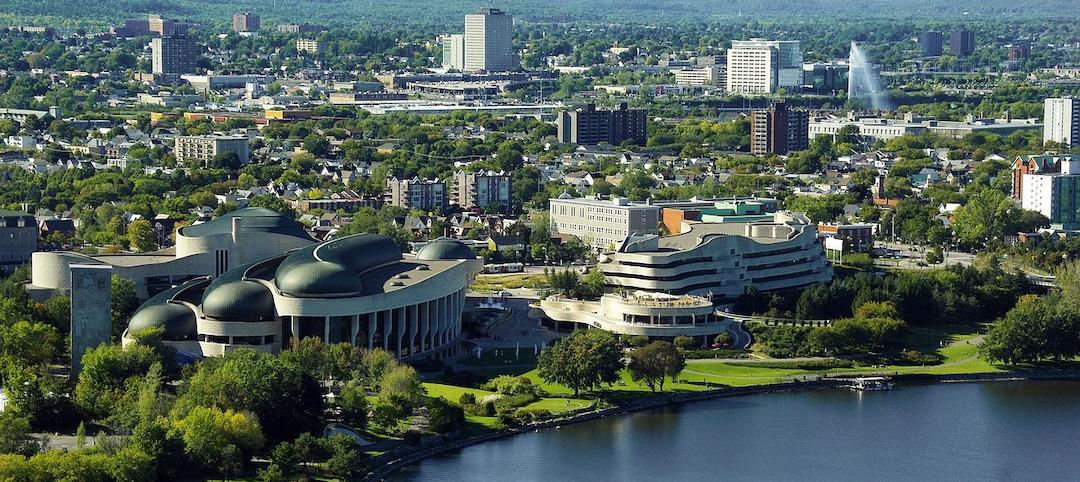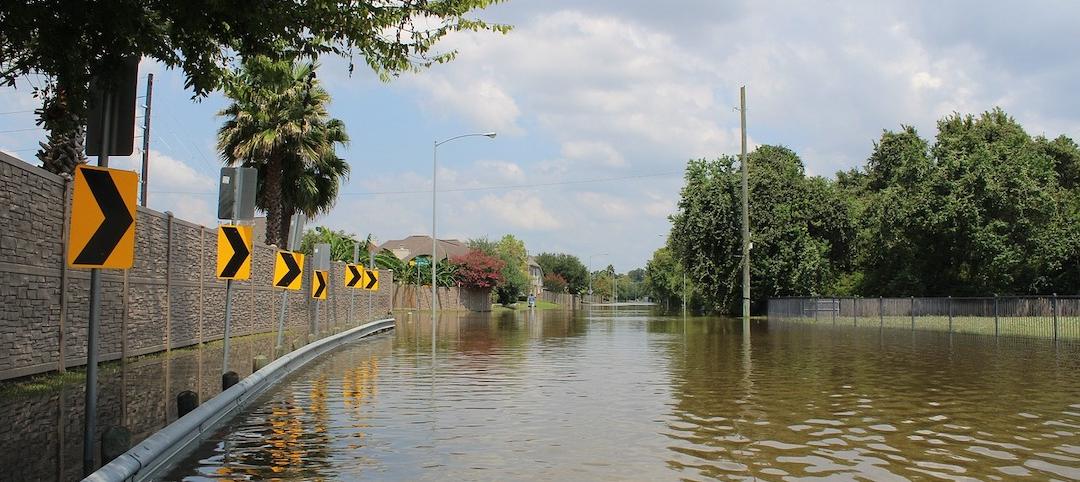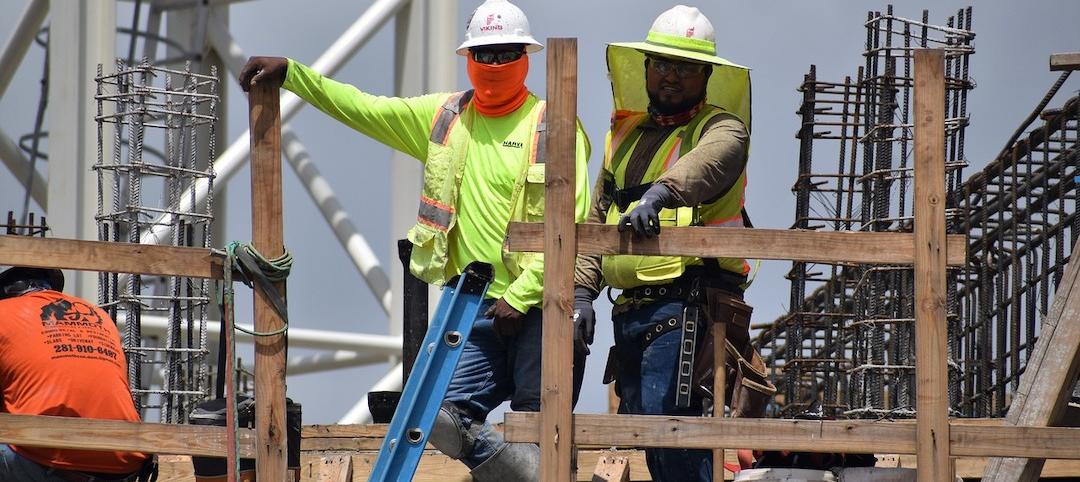For improved water efficiency in cities, water managers and urban planners must coordinate their efforts better, according to a new report led by University of Arizona landscape architecture and planning researchers.
Lack of time and resources and practitioners not in the habit of working together were cited as the main factors stymieing better collaboration, according to responses to a national survey of water managers and urban planners. The report includes a tool for practitioners to identify goals for collaboration and what barriers might stand in their way.
The first steps toward improved collaboration include joint training sessions where water managers and urban planners hear each other's challenges and brainstorm ways of coordinating their work. Where coordination works well, a water engineer might sit in on development review meetings for new projects and weigh in during permitting to ensure that the new development would achieve groundwater and stormwater goals of regional and state agencies.
In the future, water managers and urban planners could help staff each other's agencies for a complete integration of the two functions.
Related Stories
Codes and Standards | Jan 19, 2022
Canada’s Trudeau seeking building codes changes, net-zero emissions building strategy
Prime minister also wants net-zero electricity grid by 2035.
Codes and Standards | Jan 18, 2022
Greater emphasis on building materials needed to achieve net-zero carbon offices
Engineered wood, straw, and bamboo can be keys to achieving goal.
Codes and Standards | Jan 17, 2022
AISC seeks comments on draft earthquake standard for steel buildings
Includes new limits for cross-sectional slenderness of steel columns based on latest research.
Codes and Standards | Jan 12, 2022
California’s wildfire building code significantly reduces structural loss
As other states consider upgrading their codes, Golden State provides useful model.
Codes and Standards | Jan 12, 2022
Regulator holding back climate-friendly, energy-saving equipment deployment, critics say
Heat pumps, solar power could be made more accessible for low-income communities in Massachusetts.
Codes and Standards | Jan 11, 2022
Cost hikes drive nearly one million renters out of homeownership qualification in 2021
Household income needed to pay a mortgage rose to $62,872 from $55,186.
Codes and Standards | Jan 10, 2022
New ratings services focus on climate risk for homeowners
Efficacy of models used in risk assessment varies.
Codes and Standards | Jan 6, 2022
Virginia contractors having a tough time finding diverse subs to meet state goals
Survey of primes may indicate similar issues at federal level.
Codes and Standards | Jan 5, 2022
Boston drops parking requirements for affordable housing
Measure expected to spur new projects.
Codes and Standards | Jan 4, 2022
Dept. of Energy Better Climate Challenge aims for 50% GHG emission reduction by 2030
Program offers technical assistance and peer-to-peer knowledge sharing.

















